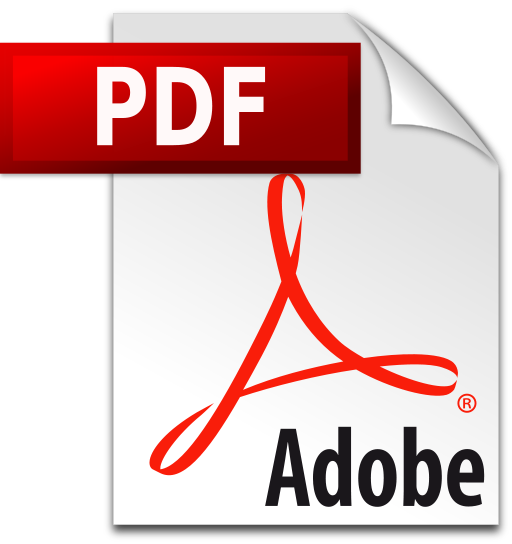NFACC Information Update November 2022
UPDATE ON CODES OF PRACTICE UNDER REVISION/DEVELOPMENT
Goat Code
All those responsible for the care of goats or that have an interest in goat welfare can look forward to the publication of the finalized Goat Code of Practice on November 18, 2022. On this date, a news release announcing the Code will be circulated, and the Code of Practice will be made available online (with printed copies circulated soon after).
A report summarizing how input from the public comment period was considered will be published alongside the Code. Given the breadth of feedback received, the report will provide a general overview of how public feedback informed the final version of the Code.
A list of animal welfare research needs (jointly developed by the Scientific and Code Committees) will also be published on November 18. The list outlines key research gaps that will ideally be addressed prior to the next iteration of this Code.
Congratulations to the Canadian National Goat Federation and to all members of the Code Committee for reaching this milestone of updating the Goat Code of Practice — you have a lot to be proud of!
Previous progress reports are available here.
Dairy Cattle Code
The Code Committee is working diligently to consider the record-breaking amount of feedback received during the public comment period. After taking a brief break over the summer months, the Code Committee and its subcommittees continue to meet virtually in the lead up to another two-day in-person Code Committee meeting in December. The focus of virtual and in-person meetings is to finalize chapters on cattle health, euthanasia, preparation for transport, and the remaining housing topics.
The Code Committee has finalized the Feed and Water chapter, Husbandry Practices chapter, most key housing topics, and a short first chapter on training and responsibilities.
Previous progress reports are available here.
Transportation Code – Risk Assessment and Collaboration Planning Exercise Update
When challenges surrounding the lack of a national lead organization resulted in concerns over proceeding to update the transportation Code, the NFACC Board agreed and secured support from our project funders, to pursue a Risk Assessment (RA) coupled with a Collaboration Planning Exercise (CPE).
Both exercises were deemed necessary at this point to make the best use of time remaining under the current project to:
- Unite the diverse interests around humane transportation into an achievable and cohesive plan,
- Ensure that any decisions are consistent with NFACC’s mission and processes (and risk tolerances),
- Ensure that we identify a viable path forward for the future.
Neither the risk assessment nor collaboration exercise will generate, in and of themselves, definitive “solutions” or explicit courses of action for the Board to follow. They will, however, ensure that all decisions eventually made are done so in accord with a comprehensive understanding of the nature and scope/breadth of the strongest preferences of the NFACC community. In the case of the risk assessment, this will entail preferences related to the risks and opportunities associated with the transportation Code, as well as with other solutions to address animal welfare in transport that may be proposed in lieu of a transportation Code. In the case of the collaboration exercise, this will entail preferences related to the respective interests (i.e., highest needs, priorities, and motivations) that are considered fundamental/essential with regard to whatever eventual decisions are made -- and why.
To this end, those responsible for conducting both exercises have prepared a two-phase data collection process. The first will involve inviting members of the NFACC community, who may be interested, to complete a short survey. The nature of this survey will be quite high-level and will be intended to invite top-of-mind feedback on the preferred future/fate of the Transport Code in relation to key risk and interests-related priorities. Once all survey material is completed and returned, membership feedback will be coded and analyzed. At this point, decisions will be made with regard to the prospective benefits associated with exploring key themes in greater detail among designated members of the NFACC community. If so, or at that point, invitations will be forwarded to a select number of that community to discern whether they may be interested in participating in face-to-face interviews (with regard to risk assessment, collaboration planning, or both).
Upon completion of both the top-of-mind surveys and prospective interviews, all feedback received will be thoroughly reviewed and consolidated in the form of two reports that will be submitted to the NFACC Board. Both interviewers will also highlight prospective areas of overlap (i.e., possible “sweet spots”) that may be of particular interest to the NFACC Board as they review all findings in advance of deciding on the future of the transport Code.
Previous progress reports are available here.
For information on the steps of the Code development process and progress of the Codes being updated follow this link.
Funded in part by the Government of Canada under the Canadian Agricultural Partnership’s AgriAssurance Program, a federal, provincial, territorial initiative.

